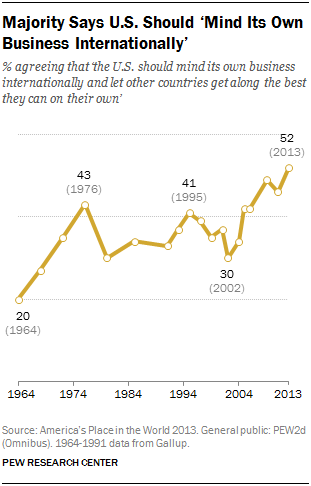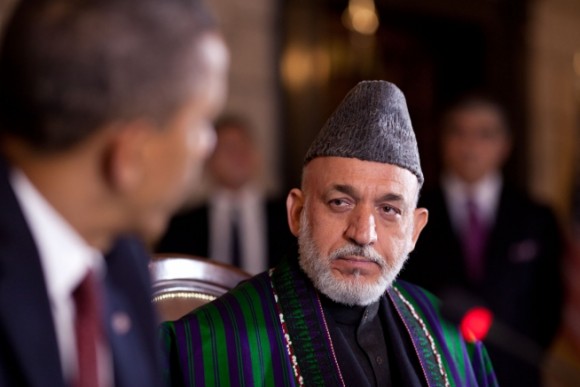Following the 2009 military coup in Honduras, the U.S. expanded aid and security cooperation with the new hard-right government and heaped legitimacy on the regime despite steadily increasing human rights abuses. This week, Honduras had an election that many international observers expected to be of dubious validity, thanks to the corruption of the ruling party and its control over the military and police (an occupational distinction which has been deliberately blurred in recent years).
Ballot counting is not yet finished and both leading candidates, Xiomara Castro de Zelaya (the wife of ousted president Manuel Zelaya), and her conservative rival, Juan Orlando Hernández believe they’ve won. Zelaya is confident of a win and explicitly predicts widespread voter fraud. Meanwhile, Hernández has “declared himself the country’s new president,” according to the Washington Post.
In Foreign Affairs, Dana Frank provides context in terms of U.S. policy:
For its part, the U.S. State Department indicates that it continues to support the post-coup regime and Hernández, who, according to a 2010 cable released by WikiLeaks, “has consistently supported U.S. interests.” The United States has never denounced his overthrow of the Supreme Court, the stacking of the attorney general’s office, or the militarization of policing. It continues to pour tens of millions of dollars into both the police and the military, and, more broadly, legitimates the current government by calling it a partner in addressing the security crisis and fighting the drug war.
In remarks that many took as patronizing, U.S. ambassador Lisa Kubiske recently encouraged Honduran voters to turn out to polls en masse and promised that, thanks in part to U.S.-sponsored oversight, this will be “the cleanest election in Honduran history.” Observers are pouring in from all over the world. But many of the key bodies have been accused of legitimating bogus elections in Honduras before. The U.S.-funded National Democratic Institute, for example, helped certify the 2009 elections, when all other international observers except the International Republican Institute pulled out in because of the repressive conditions under which they were being conducted. The U.S. State Department, which has now set itself as the guarantor of the current elections, recognized Lobo’s election in 2009 before the polls had even closed. It was clear that he was going to win, but the move nevertheless sent a disturbing message about the State Department’s desire to swiftly legitimate the election with or without fraud. In addition, the Organization of American States, which also plans to watch the election, certified the 2012 primaries despite widespread evidence of fraud.
There have been several incidents in the past couple years where commando-style Drug Enforcement Administration agents cooperating with Honduran security forces have raided people’s homes and even killed civilians, all in the name of the drug war. This has contributed to the rising violence and insecurity in Honduras, which has the highest homicide rate in the world, not to mention the weakening of democratic institutions and respect for the rule of law. There are even allegations of U.S. support for death squads run by the Honduran police department.
The Committee of the Families of the Disappeared of Honduras (COFADEH), a human rights organization, said in a statement last year that “a foreign army [i.e., the U.S. army] protected under the new hegemonic concept of the ‘war on drugs,’ legalized with reforms to the 1953 Military Treaty, violates our territorial sovereignty and kills civilians as if it was in Iraq, Afghanistan, Libya or Syria.”
A group of 40 Honduran scholars and former government officials then sent a letter to President Barak Obama and then-Secretary of State Hillary Clinton, demanding the U.S. stop supporting the Honduran military and police. The letter was publicly supported by 300 academics in 29 countries.
“It’s really troubling,” said American University anthropology professor Adrienne Pine, one of the signers. “It’s absolutely not appropriate for U.S. law enforcement to be killing other people in other countries.”
 There was an uptick in this sentiment following the Vietnam War too, and it slowly receded. Nevertheless, the results are significant.
There was an uptick in this sentiment following the Vietnam War too, and it slowly receded. Nevertheless, the results are significant.



